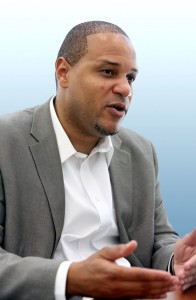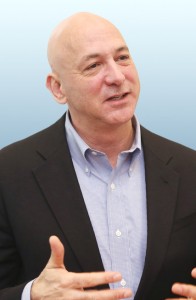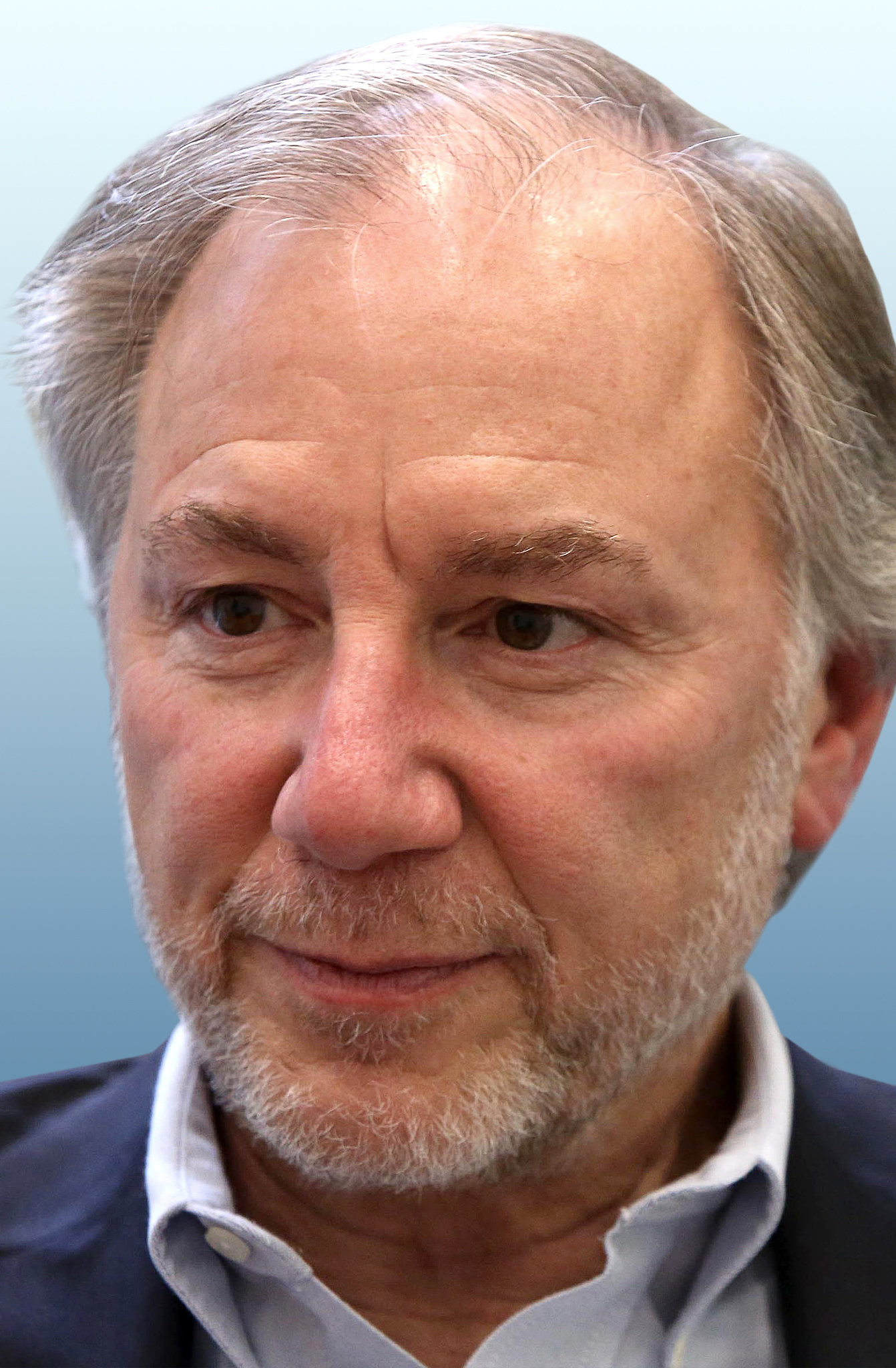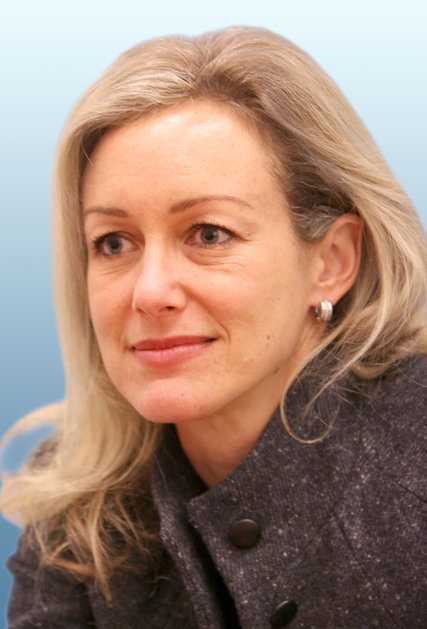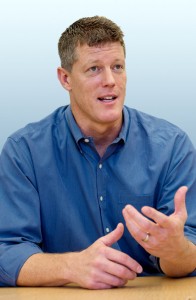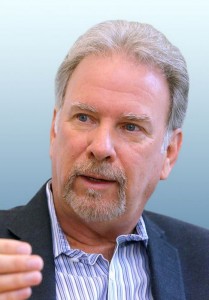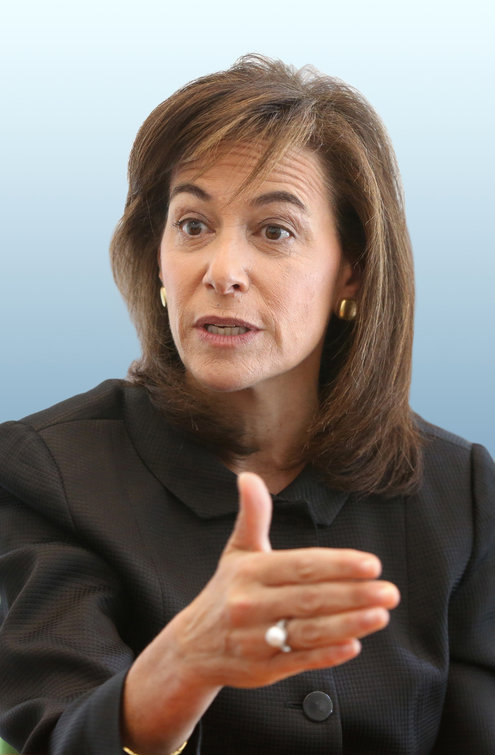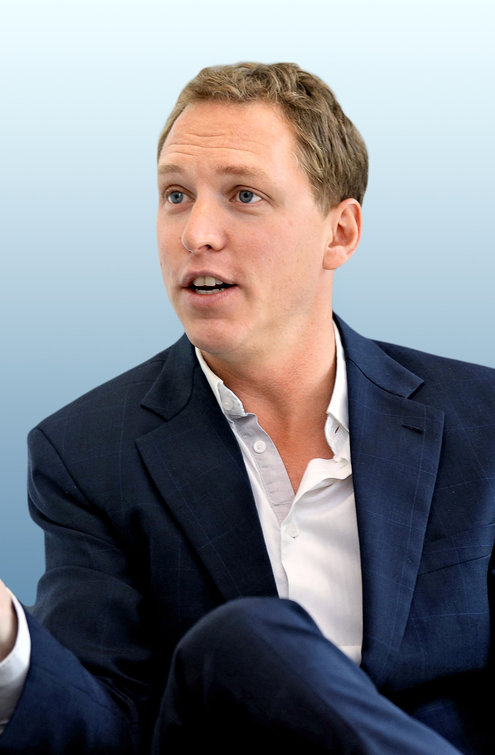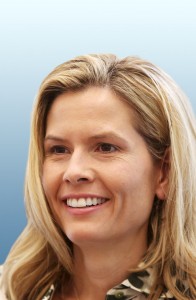Don Charlton Breeds a ‘Culture of Candor’
Don Charlton is the CEO of Jazz, a recruiting software firm. Recently interviewed for Adam Bryant’s Corner Office segment, Charlton discusses the challenges of succeeding in business as a black man and how that has shaped the culture of his business. Ranging from asking very direct questions to acknowledging the dog-eat-dog nature of business, his management style is blunt and hands-on. Here are some other key points Charlton had during his interview:
- Be Self-Aware: “So you want the candidate to recognize the aspects of themselves where they can be confident and the parts they’re going to need for them to be successful in a new company.”
- Be Prepared for Self-Improvement: “If you failed at this job in your first 90 days, what things wouldn’t you be doing well? And what don’t you know, but know you need to know, in order to be successful at this job?”
- Ask Others How They Got to Where They Are: “The more you know about those journeys, the more people you talk to — just asking a simple question like “How did you end up getting into this career?” — the more you’ll start to recognize when the ground under your feet is moving you in a particular direction.”
- Be Direct: “One thing is the culture of candor. After we have a big meeting with all of our employees, I might say, ‘Hey, you know that conversation that you’re going to have over lunch or at the bar where you might say, ‘Why don’t we do such and such?’ Well, that’s the question you should ask right now.'”
This “culture of candor” conditions employees to be ready for the challenges that are brought on by the nature of business. Hammering out weaknesses before they become relevant is key to success, and we believe Charlton’s culture does just that.

